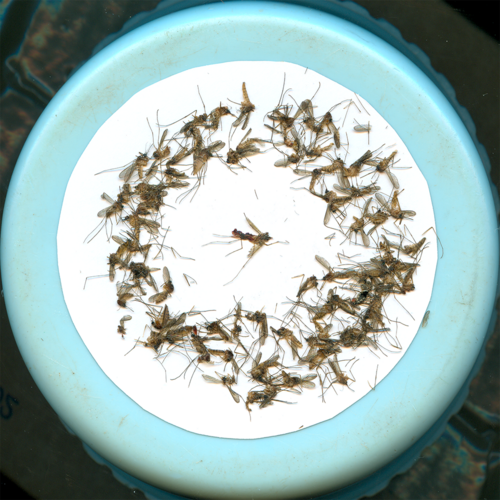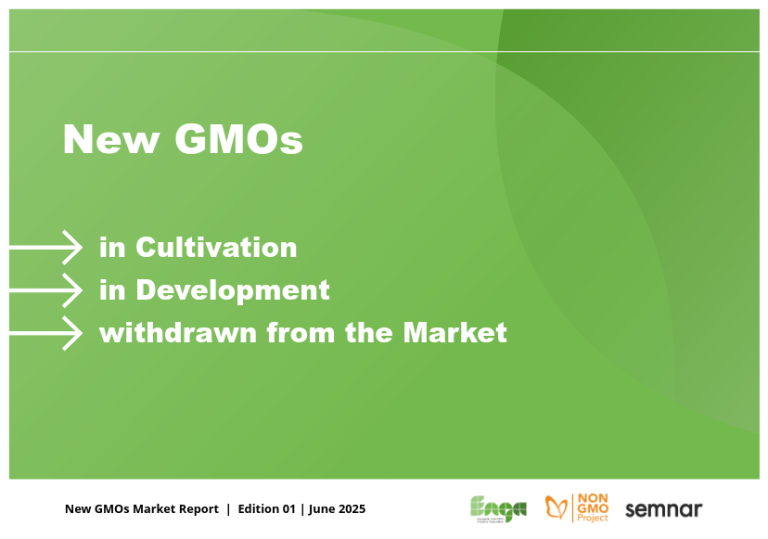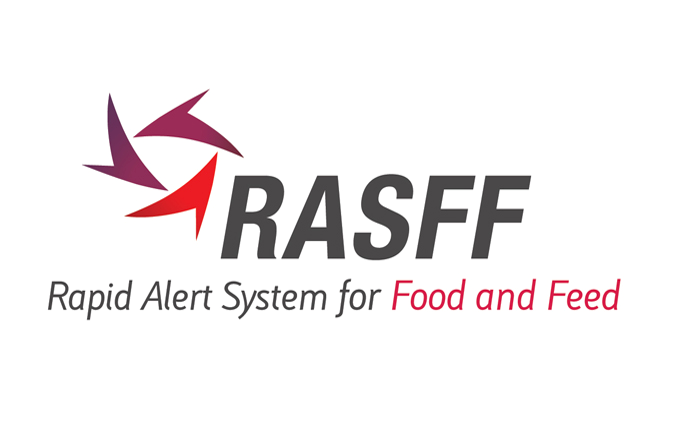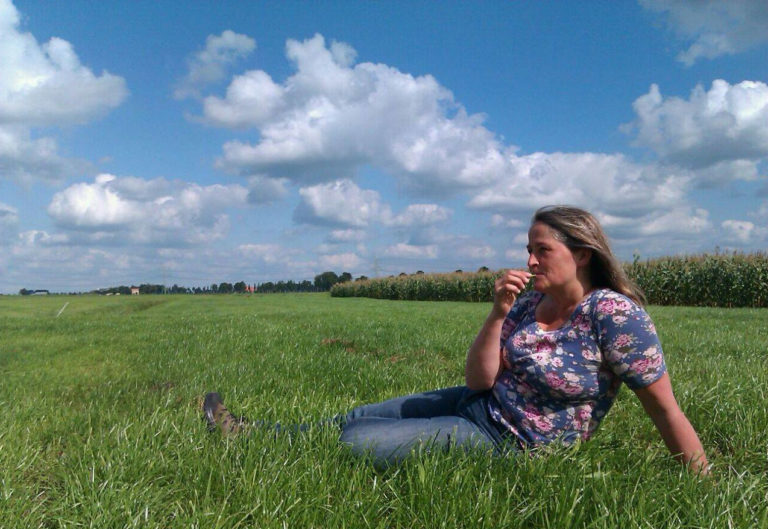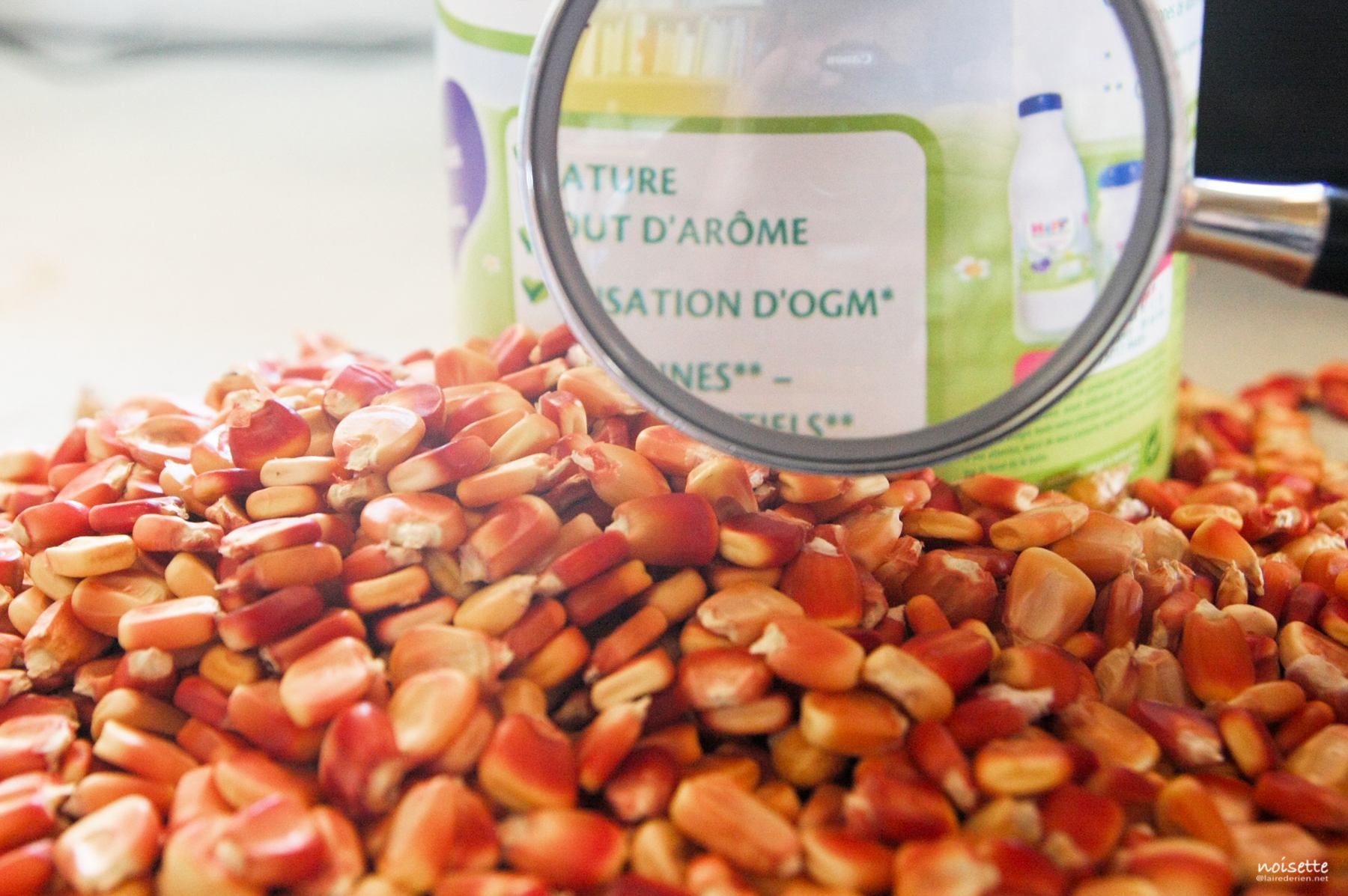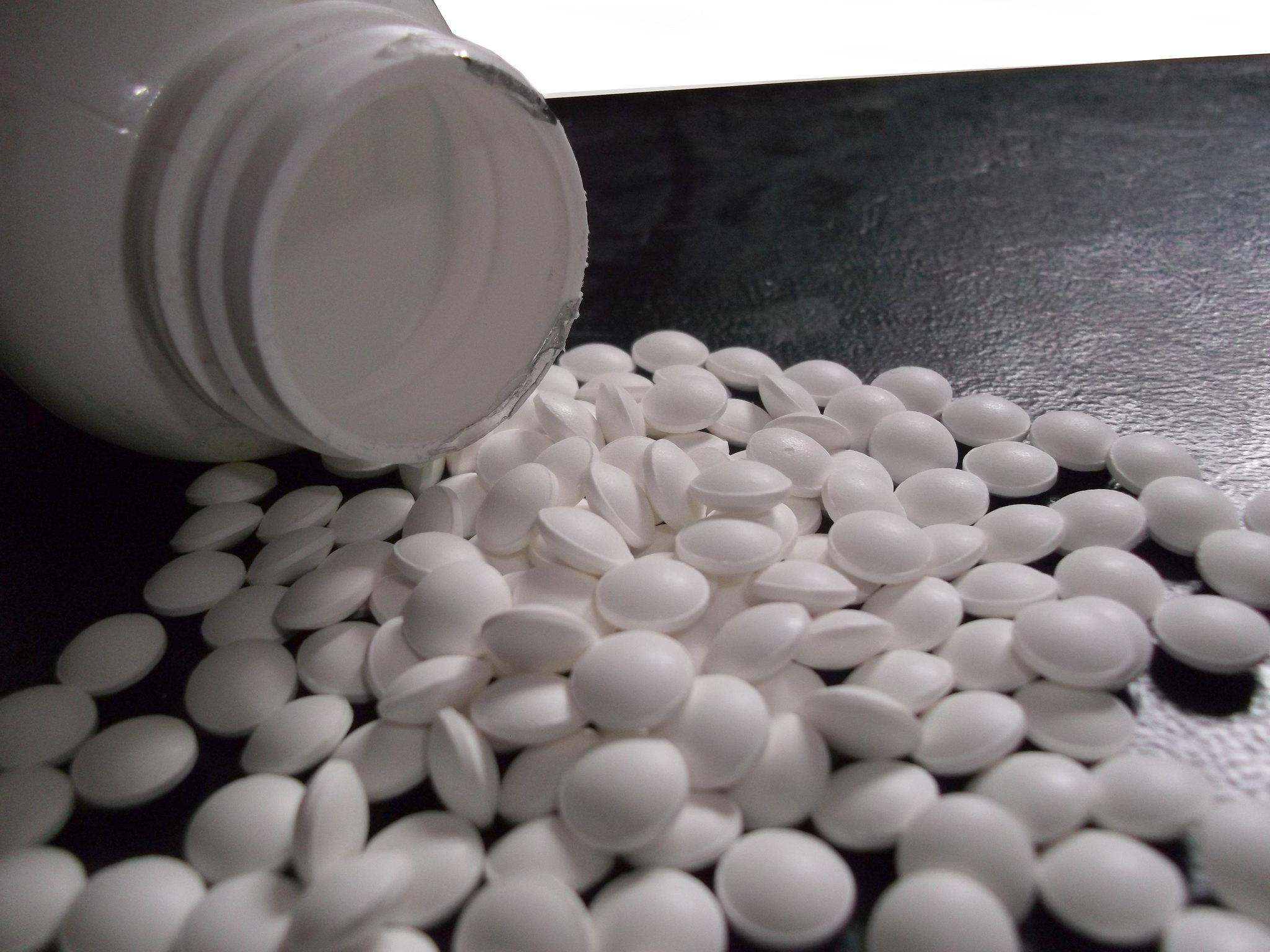News
Through its silence, the European Commission has been keeping Mon810 maize authorised since 15 years
Mon810 maize is the only transgenic GM plant authorized for commercial cultivation in the European Union. This authorization was initially granted, via France, almost 30 years ago, in 1998, for an initial period of 10 years. A renewal application was submitted in 2007. Since then, no decision has been taken by the European authorities. How this maize, which authorization theoretically expired in 2008, can still be grown legally in Europe? Simply because European law accepts that, as long as the European Commission has not responded to a request for renewal, the initial authorization remains valid. To date, it’s been 15 years that the Commission fails to respond to Bayer/Monsanto’s request.

On July 4, 2024, the European Commission renewed for the 3rd time the commercial authorization to import Mon810 transgenic maize for food or feed usei. Less than 6 months after receiving a favorable opinion from its experts, the European Commission issued the authorization, demonstrating its speed. But when it comes to authorizing the commercial cultivation of this same maize, the European Commission is taking its time. Bayer/Monsanto has been waiting for 15 years for the European Commission to renew the initial authorization obtained in 1998… which expired in 2008!
European law imposes a timetable for applications
Old times, old procedures. On April 22, 1998ii, the European Commission gave France, the country that had received the initial application, the green light to authorize the commercial cultivation of Mon810 transgenic maize on a European scale. This authorization had been requested by Monsanto, which had genetically modified a maize line to produce an insecticidal protein against the European corn borer and Mediterranean corn borer. On August 3, 1998iii, the French government issued its consent for this commercial cultivation. Monsanto was granted a 10-year authorization, valid until 2008.
Subsequently, European legislation on GMOs changed, with the adoption of Directive 2001/18 and Regulation 1829/2003. The latter became the reference in the case of Mon810 maize, as Monsanto chose to follow the administrative procedure established by this regulation. Regulation 1829/2003 required Monsanto to apply for renewal of its 1998 authorization no later than one year before it expired, i.e. by August 2, 2007iv. The company met this deadline, submitting its application for renewal of the authorization to cultivate Mon810 maize to the European Commission on May 4, 2007v. From this date onwards, the European Commission rapidly forwarded the application for renewal of authorization to the European Food Safety Authority (EFSA), on June 18 2007vi.
Two years to assess the risks… and ten for a vote !
The EFSA took “only” two years to assess the risks associated with the cultivation of Mon810 maize, adopting a positive opinion on June 15 2009, officially published on June 30 2009vii. On the basis of this opinion, the European Commission was in a position to decide whether to submit an authorization decision or a refusal decision to the Member States. At this stage, the timetable followed by the European Commission is beginning to slip. On the basis of the experts’ opinion, the procedureviii provides that the Commission may propose to the Member States a refusal or acceptance to grant authorization. If the Member States fail to reach a majority, the proposal is presented to them a second time. If, once again, no majority is reached, the European Commission takes the final decision. It may adopt its own proposal or reject it.
In the case of the application to renew the authorization for the commercial cultivation of Mon810 maize, it will, from the EFSA’s opinion in 2019, take 8 years for member states to receive a proposal of authorization from the European Commission. It’s true that, in the meantime, many Member States had decided to request the exclusion of their territory from the geographical scope covered by the 1998 authorizationix. By the end of 2015, 18 member statesx had requested and obtained such an exclusion. The concomitance of these numerous bans is linked to the adoption of directive 2015/412xi. While Member States could previously ban GMO cultivation (via safeguard clauses – Directive 2001/18 – or emergency measures – Regulation 1829/2003), in 2015 the Council of the European Union and the European Parliament deemed it “appropriate to grant Member States, in accordance with the principle of subsidiarity, more flexibility to decide whether or not they wish to cultivate GMOs on their territory”xii.
The French government, for example, which granted the initial authorization in 1998, asked on September 15, 2015 “to exclude the entire French territory from the authorization granted to MONSANTO following Commission Decision 98/294/EC and the final consent granted on August 3, 1998 for genetically modified maize MON810, as far as cultivation is concerned”xiii. The same number of countries, including Francexiv, have already asked to be excluded, in whole or in part, from any renewal of their authorization.
As these 18 Member States represent at least a 71.5% majority within the Council of the European Union, the European Commission was in a position to assume that a proposal to renew the initial authorization could therefore be rejected. The initial authorization to cultivate the one and only transgenic plant would then have lapsed. However, in 2017, 10 years after receiving Monsanto’s initial request to renew its 1998 authorization, the European Commission chose to have the Council of the European Union vote on the matter. Paradoxically, on January 27, 2017xv, the member states failed to reach a majority to refuse to renew the authorization of Mon810 maize for cultivation. This lack of a majority was again noted on March 27, 2017, following a second votexvi.
A legal provision to the advantage of Bayer/Monsanto
The authorization to import Mon810 maize, like those issued this summer for two Corteva maize plants, show that the European Commission knows how to manage a timetable of less than 6 months between receiving the opinion of European experts on the risks associated with a GMO and its final authorization decisionxvii. But when it comes to renewing the authorization for the cultivation of Mon810 maize, the Commission is following a different timetable. With the European experts having delivered their opinion in June 2009, the Commission could submit a proposal to the Member States in the following two months, either for or against the renewal. As we have seen, it will take 10 years…
Following the two formal votes by member states in 2017, which resulted in a non-decision, the European Commission is now free to make the final decision. It can decide to renew the authorization or refuse to renew it. It has had this freedom since March 27, 2017. But to date, almost 8 years later, no decision has been taken. Questioned by e-mail by Inf’OGM, the European Commission replied on October 24, 2024, that it “reflects on the way forward”, specifying that “in accordance with Regulation (EC) No 1829/2003, the period of authorisation is automatically extended until a decision is taken on its renewal”.
Article 11 of Regulation 1829/2003 states that “where, for reasons beyond the control of the authorisation-holder, no decision is taken on the renewal of an authorisation before its expiry date, the period of authorisation of the product shall automatically be extended until a decision is taken”. Once again questioned by Inf’OGM to find out why the Commission had decided not to take a decision in 7 years, the Commission reaffirmed on October 28, 2024 that it was continuing “to work assessing the best way forward”, adding it “cannot to share further information at this stage”. A fundamental point needs to be made here: the European Commission is not bound by any legal deadline for making its decision. In fact, there is no legal requirement for the European Commission to take a decision within a given timeframe once the member states have voted. This situation is all the more worrying given that, if the Commission were to issue a renewal of authorization for the commercial cultivation of Mon810 maize, it would do so in 2024 on the basis of a dossier submitted in 2007, containing 17 years old scientific data…
As with the procedure applied to pesticidesxviii, whether the European Commission issues a formal authorization renewal or does not respond to Bayer/Monsanto’s application submitted in 2007, the initial authorization remains valid and Mon810 maize can continue to be cultivated in member states that have not banned it. However, on the one hand, the European Union hardly receives applications for authorization to commercially cultivate GMOs, and on the other, the Commission has proposed deregulation of a large number of them in 2023. In view of these two facts, it seems that the Commission has decided not to take the risk of crystallizing the debate by appearing to defend the cultivation of transgenic GMOs in a European Union that has largely chosen to have them grown elsewhere. It’se ven more true given that, as long as it does not respond, the commercial cultivation of this maize is still legal, even if the surface area is decreasing from year to yearxix. Silence is golden for the Commission (and Bayer/Monsanto).
Other requests for 1st authorization in the hands of the Commission
The European register of applications for GMO cultivation authorization under the 2001/18 procedure also lists three “pending” applications. Amylogène’s application for its transgenic potato with modified starch composition, filed in 1996, has been withdrawn by the company. But Syngenta is still awaiting a response to its 1996 application for its Bt11 maize. Dow Agrosciences (now Corteva), for its part, has been waiting since 2001 for its TC1507xx maize. In both cases, the EFSA issued its (favorable) opinions on the risks associated with the cultivation of these maize varieties in 2005.
Unlike Mon810 maize, it took the European Commission not 10 but 12 years to submit a positive response to these two requests for authorization to the votes of Member States in 2017. However, on January 27xxi and March 27 2017xxii, no qualified majority could be obtained from the Member States. The European Commission is therefore now in the position to take the final decision to authorize or refuse to authorize the commercial cultivation of these two transgenic maize plants.
i European Union, « Commission Implementing Decision (EU) 2024/1828 of 2 July 2024 renewing the authorisation for the placing on the market of feed containing, consisting of and of food and feed products produced from genetically modified maize MON 810 pursuant to Regulation (EC) No 1829/2003 of the European Parliament and of the Council and repealing Commission Implementing Decision (EU) 2017/1207 (notified under document C(2024) 4493) », 4 July 2024.
ii European Commission, « 98/294/EC: Commission Decision of 22 April 1998 concerning the placing on the market of genetically modified maize (Zea mays L. line MON 810), pursuant to Council Directive 90/220/EEC (Text with EEA relevance) », Official Journal L 131, 5 May 1998.
iii French Republic, « Arrêté du 3 août 1998 portant consentement écrit, au titre de l’article 13, paragraphe 4, de la directive 90/220/CEE du 23 avril 1990, des décisions 98/293/CE et 98/294/CE du 22 avril 1998 concernant la mise sur le marché de maïs génétiquement modifiés (Zea mays L. T 25 et MON 810) », JORF, 5 August 1998 (in French).
iv Regulation 1829/2003, article 11, « Renewal of authorisations – Authorisations under this Regulation shall be renewable for 10-year periods, on application to the Commission by the authorisation-holder at the latest one year before the expiry date of the authorisation ».
v Monsanto Company, « Application for renewal of the authorisation for continued marketing of existing MON 810 maize products that were authorized under Directive 90/220/EEC (Decision 98/294/ EC) and subsequently notified in accordance to Article 20(1)(a) of Regulation (EC) No 1829/2003 on genetically modified food and feed », May 2007.
vi European Commission, « Applications for renewal of authorisation for continued marketing of existing feed consisting and/or containing MON810 maize for feed use (including cultivation) that were authorized nder Directive 90/220/EEC (Decision 98/294/EC) and subsequently notified according to Article 20(1)(a) of Regulation (EC) No 1829/2003 on genetically modified food and feed », 29 June 2007.
Letter from EC to EFSA june 2007
vii « Scientific Opinion of the Panel on Genetically Modified Organisms on applications (EFSA-GMO-RX-MON810) for the renewal of authorisation for the continued marketing of (1) existing food and food ingredients produced from genetically modified insect resistant maize MON810; (2) feed consisting of and/or containing maize MON810, including the use of seed for cultivation; and of (3) food and feed additives, and feed materials produced from maize MON810, all under Regulation (EC) No 1829/2003 from Monsanto », The EFSA Journal, Volume7, Issue6, p.1–85, June 2009.
viii Pauline Verrière, « UE – Nouvelle comitologie : le changement dans la continuité », Inf’OGM, 22 March 2016 (in French).
ix European Commission, « Restrictions of geographical scope of GMO applications/authorisations: EU countries demands and outcomes ».
x Austria, Region of Wallonia (Belgium), Bulgaria, Croatia, Cyprus, Denmark, France, Germany, Greece, Hungary, Italy, Latvia, Lithuania, Luxembourg, Malta, Netherlands, Poland, Slovenia. They were 19 in 2015 but the United Kingdom has since left the European Union.
xi European Union, « Directive (EU) 2015/412 of the European Parliament and of the Council of 11 March 2015 amending Directive 2001/18/EC as regards the possibility for the Member States to restrict or prohibit the cultivation of genetically modified organisms (GMOs) in their territory Text with EEA relevance », Official Journal of the European Union, 13 March 2015
xii Ibid. (see whereas 8 of Directive 2015/412)
xiii French Republc, « NOTE DES AUTORITÉS FRANÇAISES – OBJET : Mise en culture d’OGM – Demande d’exclusion du territoire français », 15 September 2015 (in French).
xiv French Republc, « NOTE DES AUTORITES FRANÇAISES – OBJET : Mise en culture d’OGM – Demande d’exclusion du territoire français », 15 September 2015 (in French).
xv European Commission, Health and Food Safety Directorate General, « SUMMARY REPORT OF THE JOINT MEETING – STANDING COMMITTEE ON PLANTS, ANIMALS, FOOD AND FEED – Section Genetically Modified Food and Feed and Environmental Risk and REGULATORY COMMITTEE under DIRECTIVE 2001/18/EC HELD IN BRUSSELS ON 27 JANUARY 2017 », 27 January 2017.
xvi European Commission, Health and Food Safety Directorate General, « SUMMARY REPORT OF THE APPEAL COMMITTEE – Genetically Modified Food and Feed Regulatory Committee 2001/18/EC », 27 March 2017.
xvii Concerning maize DP915635 and DP023211 of Corteva, see :
Eric Meunier, « Transgenèse, Crispr/Cas9, ARNi… package total pour deux maïs OGM ! », Inf’OGM, 29 October 2024 (in French).
xviii Pollinis, « PESTICIDES: THE DANGERS BEHIND THE EU’S ENDLESS EXTENSIONS – PESTICIDES : EU’S SYSTEM OF ENDLESS EXTENSIONS THREATENS BIODIVERSITY AND HUMAN HEALTH », February 2023.
xix Christophe Noisette, « Les cultures transgéniques en voie de disparition dans l’UE », Inf’OGM, 8 April 2024 (in french).
xx European Commission, « Deliberate Release and Placing on the EU Market of GMOs – GMO Register / Notifications authorized under Directive 2001/18/EC – GMO Part C ».
xxi European Commission, Health and Food Safety Directorate General, « SUMMARY REPORT OF THE JOINT MEETING – STANDING COMMITTEE ON PLANTS, ANIMALS, FOOD AND FEED – Section Genetically Modified Food and Feed and Environmental Risk and REGULATORY COMMITTEE under DIRECTIVE 2001/18/EC HELD IN BRUSSELS ON 27 JANUARY 2017 », 27 January 2017.
xxii European Commission, Health and Food Safety Directorate General, « SUMMARY REPORT OF THE APPEAL COMMITTEE – Genetically Modified Food and Feed Regulatory Committee 2001/18/EC », 27 March 2017.







